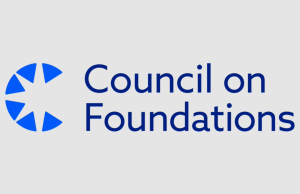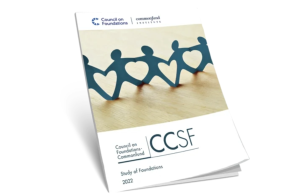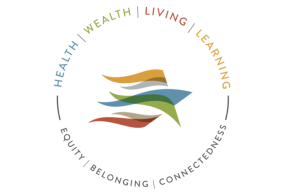Florida nonprofits are feeling the COVID-19 squeeze, according to a survey from Florida International University’s Jorge M. Perez Metropolitan Center in Miami. Anticipated revenue is down, layoffs are up and the basic ways they conduct business are changing dramatically.
More than seven in 10 say the COVID-19 crisis has led to employees working remotely, with 66 percent having embraced providing virtual services to their clients. Just fewer than 29 percent have reduced hiring, while another 17 percent implemented salary reductions. Only 8 percent report hiring new staff to increase capacity in response to the pandemic.
Perhaps most disturbingly, nearly one-quarter have ceased operations due to COVID-19, although the survey did not distinguish between those that had temporarily suspended their activities and those that have folded completely.
Between the economic downturn and socializing restrictions, funds are drying up for these organizations. More than half (51 percent) report cancelling or considering cancelling fundraising events outright, with another 47 percent having either postponed or mulled postponing fundraising.
Money that had been coming in from fundraising and other donations is being supplemented — somewhat, at least — from other, primarily governmental, sources. The Federal Paycheck Program (PPP) has provided assistance to 55 percent of the nonprofits surveyed, while foundations or grant support boosted the fortunes of just less than 9 percent. Another 7 percent took advantage of other federal assistance programs, while 4 percent availed themselves of state emergency loans and assistance. More than one quarter – 27 percent – received assistance from other sources.
By and large, the assistance has not been enough to stave off staff reductions, whether temporary or permanent. Among Florida nonprofits, arts, culture and humanities organizations were most likely to have furloughed or laid off workers, with 56 percent having done so. Just less than one-third of education nonprofits also suspended or laid off workers, as did 27 percent of public and society benefit organizations. Health and human services nonprofits managed to keep their employees, with only 23 percent reporting layoffs or furloughs. And, underscoring the grim nature of the pandemic, one in five health nonprofits reported drops in staffing or staff hours.
More than half – 55 percent – reported a decrease in donations of all stripes. When the drops hit, they hit hard: nearly one in five nonprofits in the Miami-Dade County area projected a revenue loss of between 50 percent and 100 percent, according to respondents. Another 20 percent believe their revenue will drop by between 25 and 49 percent.
Barely 7 percent expect a revenue drop of less than 5 percent, while a plurality – 31 percent – expect a drop-off of between 5 and 24 percent. Nearly one-quarter haven’t bothered to calculate their revenue changes.
The revenue losses come at a time when Florida nonprofits are adding services. Those that are boosting their efforts are largely focusing on the basics: 36 percent are adding food distribution capability; 23 percent are offering more mental health services; and, 20 percent are providing assistance with utilities. Some are building for the future, with 19 percent providing additional workforce training and development programs.
The Perez Metropolitan Center surveyed 374 nonprofits in the Miami-Dade County area during May 2020, immediately after the state closed non-essential businesses and increased social distancing measures.











